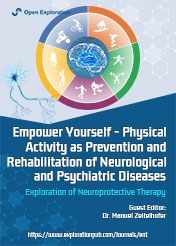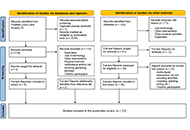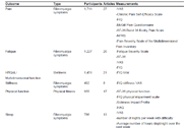
Empower Yourself - Physical Activity as Prevention and Rehabilitation of Neurological and Psychiatric Diseases
Guest Editor
Dr. Manuel Zeitelhofer E-Mail
Division of Vascular Biology, Department for Medical Biochemistry and Biophysics, Karolinska Institutet, 171 65 Solna, Sweden
Research Keywords: multiple sclerosis; stroke; Tai Chi; exercise therapy; rehabilitation; neuroplasticity
About the Special lssue
Prescribing exercise as medicine is a cornerstone for the prevention and treatment of various chronic diseases such as metabolic, cardiovascular and pulmonary diseases, as well as neurological and psychiatric diseases.
During the COVID-19 pandemics exercise as prevention and rehabilitation has been highlighted as an important measure to cope with the pandemics both physically and mentally. It has been shown that the risk for hospitalization and death due to COVID-19 increases more than 2-fold in physically inactive persons compared to persons performing at least 150 min/week moderate to vigorous physical activity. Moreover, mental health issues have increased worldwide with insomnia, anxiety and depression being very prevalent among the general population during the COVID-19 pandemics with twice as high prevalence as compared to non-pandemic periods. In fact, one-third of patients suffering from long COVID are still experiencing symptoms such as fatigue, post-exertional malaise, cognitive dysfunction, breathlessness and muscle and joint pain even after 1-year, which results in reduced quality of life. This has put exercise as medicine in the spotlight for treating psychiatric and neurological diseases more than ever.
This special issue invites original articles, reviews, case reports, communications and opinions to highlight the tremendous need to foster exercise as medicine and as prevention for psychiatric and neurological diseases including the neurological and mental health consequences of long COVID.
Keywords: mental health; long COVID; exercise as medicine; rehabilitation; prevention; neurological diseases
Published Articles

